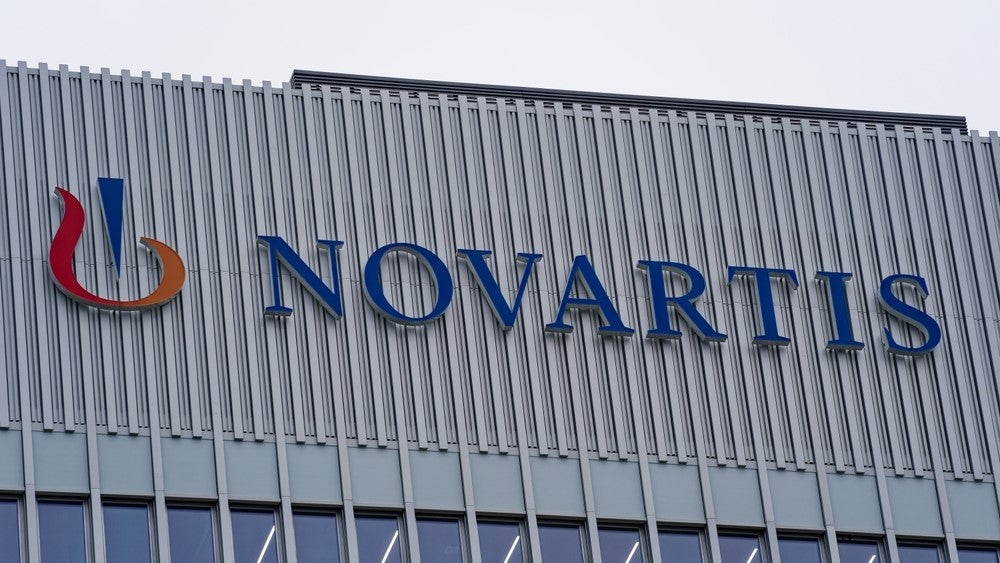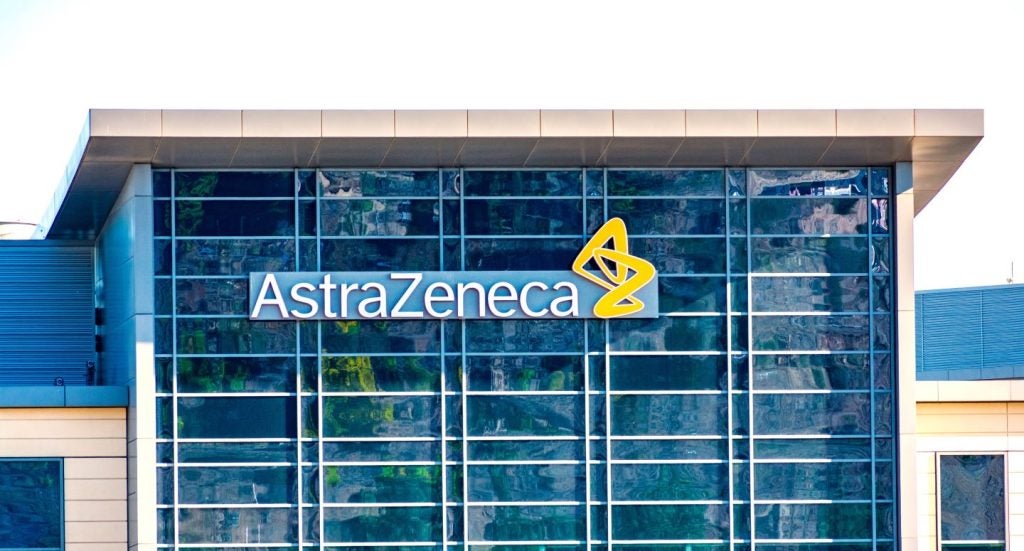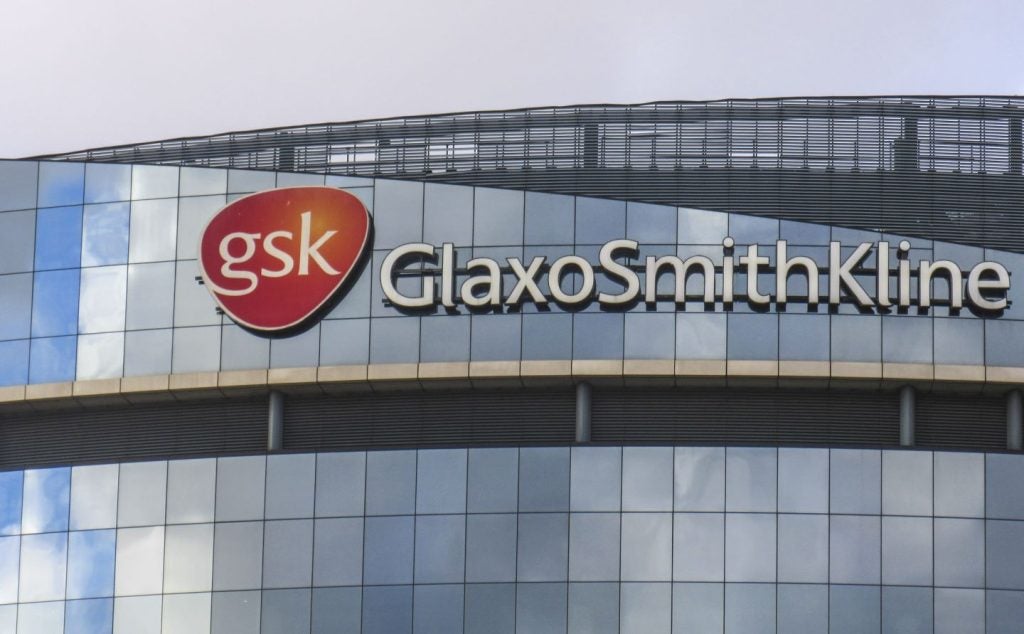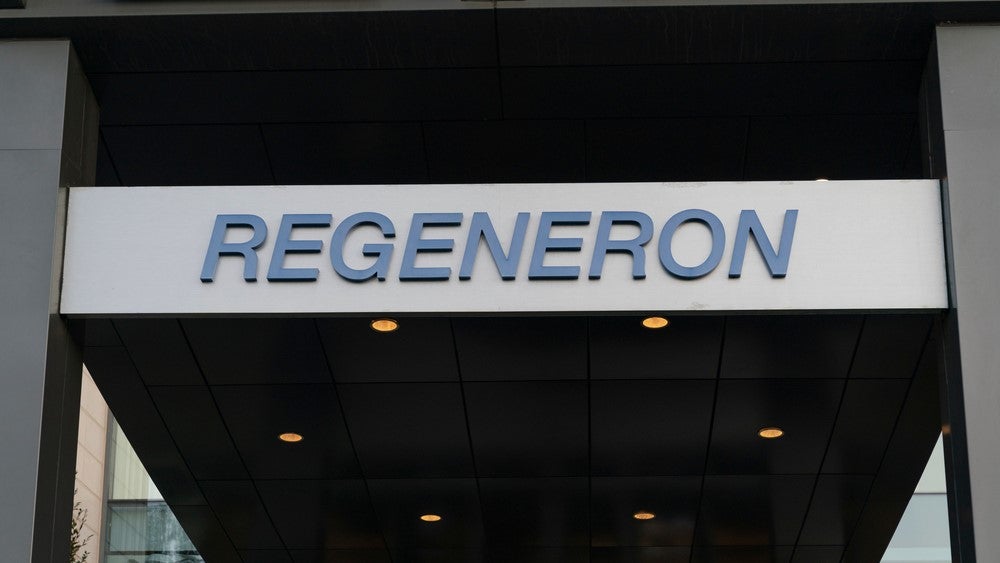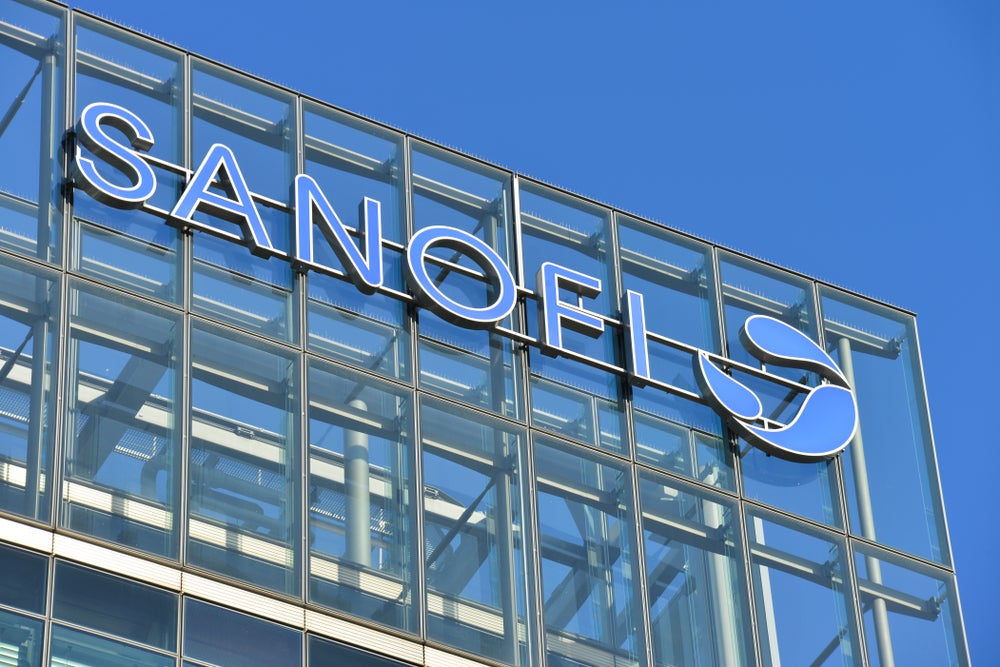Novartis plans to discuss the filing of its drug iptacopan in C3 glomerulopathy with global health authorities on the back of positive Phase III data, with a potential approval next year.
Novartis’s iptacopan met the primary endpoint in the Phase III APPEAR-C3G trial by demonstrating a reduction in proteinuria at six months, compared to placebo, in adult patients with C3 glomerulopathy (C3G).
Iptacopan is a complement factor B inhibitor. It was approved for the treatment of adults with paroxysmal nocturnal haemoglobinuria (PNH) by the US Food and Drug Administration (FDA) on 5 December. The drug is marketed under the brand name Fabhalta.
C3G is a rare complement-mediated kidney disease in which the C3 protein is deposited in kidney glomeruli resulting in kidney damage. The disease symptoms include blood in the urine (haematuria), and dark foamy urine caused by the presence of proteins (proteinuria). The prevalence of C3G is estimated to be 2-3 per one million individuals, as per the US National Organization for Rare Disorders (NORD).
The first part of the Phase III trial (NCT04817618) was double-blinded, and patients either received twice-daily oral iptacopan or placebo in addition to the background therapy for the first six months. This was followed by an open-label period where the patients in both treatment and placebo arms received iptacopan.
The primary endpoints for the trial include a reduction in proteinuria from baseline, which was measured using urine protein to creatinine ratio (UPCR) at six and 12 months, and a comparison between proteinuria reduction at six and 12 months, based solely on the data from the placebo arm. Apart from the adult patient, the study is also enrolling adolescent patients in a separate cohort.
Another drug being evaluated as a treatment for C3G is Apellis Pharmaceuticals’ pegcetacoplan. The drug is a C3 and C3b complement inhibitor being evaluated in a Phase III VALIANT trial (NCT05067127).
Iptacopan is also being evaluated as a treatment for IgA nephropathy (IgAN). The drug met its primary endpoint in a Phase III trial (NCT04578834) by slowing the IgAN progression by measuring the estimated glomerular filtration rate (eGFR) slope over 24 months. The drug is also also investigated in Phase III trials for atypical haemolytic uremic syndrome (NCT04889430) and immune complex membranoproliferative glomerulonephritis (NCT05755386).


